Pink Eye Prevention – 5 Tips to Stop the Spread
-
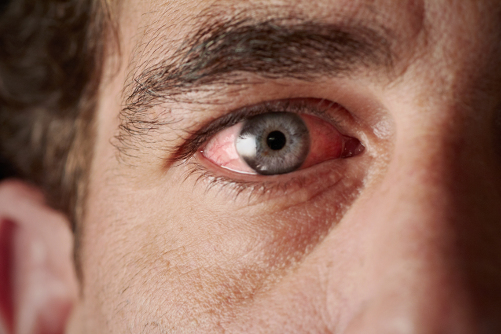
Pink eye is a common eye condition that can affect children and adults alike. Affecting more than three million Americans each year, pink eye occurs when the tissue that lines the inside of the eyelid (conjunctiva) becomes inflamed. Also referred to as conjunctivitis, pink eye can affect one or both eyes, and is most identifiable by the redness caused by the inflammation of blood vessels (hence “pink” eye). In addition to redness, pink eye symptoms can include itching, burning, tearing and light sensitivity. Depending on the severity of your condition, the symptoms of pink eye could last anywhere from a few days to a couple of weeks.
You may think that pink eye is a highly contagious condition, though that is not always the case. Oftentimes pink eyes is caused by allergens. However, pink eye can also be caused as the result of a virus or bacteria infecting the conjunctiva. Viral and bacterial pink eye can be easily spread from person to person, meaning that steps must be taken to avoid contraction.
If you notice symptoms of pink eye, you should schedule an appointment with an eye doctor immediately; especially if you’ve been in contact with someone else with pink eye. If you are in contact with someone suffering with pink eye (child, family member, etc.), don’t go buying that hazmat suit just yet. Fortunately, there are steps you can take to safeguard yourself against contraction.
Here are five tips to stop the spread of contagious pink eye.
-
1. Wash Your Hands
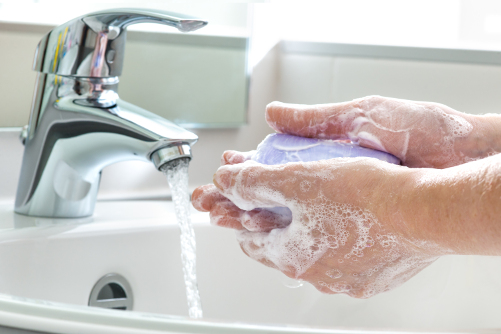
If you have contagious pink eye, it is incredibly important that you wash your hands immediately after touching your eyes or face. Otherwise you can easily spread the virus/bacteria to other surfaces and increase the likelihood of contraction. According to the Centers for Disease Control and Prevention (CDC), people with pink eye should wash their hands often with soap and warm water. Keep a hand sanitizer handy (at least 60 percent alcohol) for situations when soap and warm water are not available.
-
1. Wash Your Hands
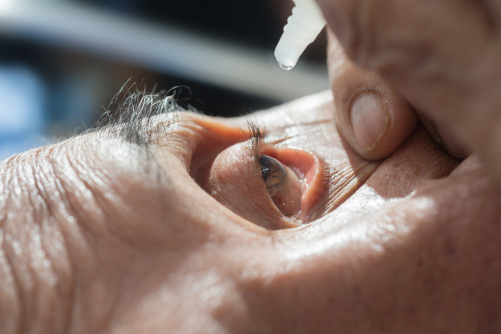
You should also wash your hands after using any type of medicine in the eyes, such as drops or topical antibiotics. Warm or cold compresses may also be used to help alleviate discomfort. It’s extremely important to wash your hands after applying or removing, in addition to appropriately discarding the compress.
-
1. Wash Your Hands
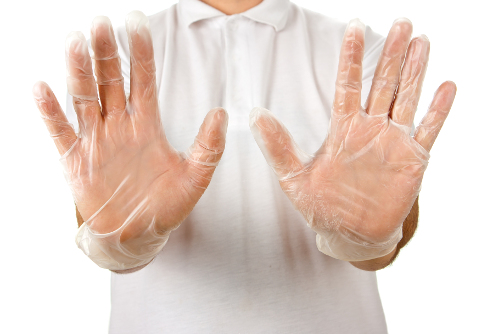
If you are caring for someone with pink eye, you should really wear gloves when coming into contact with the patient. If gloves are not available, be sure to wash your hands thoroughly after contact, or use an alcohol-based sanitizer.
-
2. No Swimming
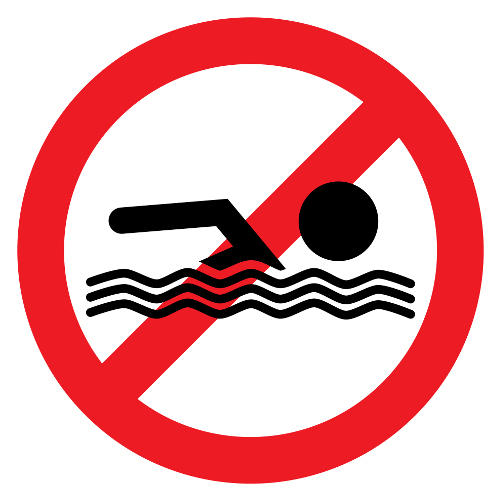
If you have pink eye, you should avoid swimming pools. Not only do pools pose a serious risk for the spread of pink eye, but they could also further irritate your condition. It’s a lose, lose situation. Then again, if you have pink eye, chances are you’re not going to be in the mood to take a dip.
-
3. Keep Your Eyes Clean
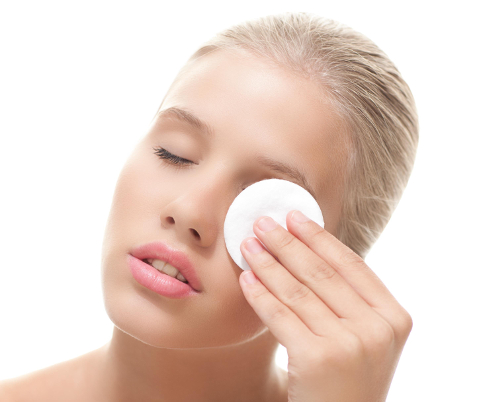
Pink eye often causes a mucus-based discharge in the eyes. Any such discharge should be cleaned immediately either using a clean washcloth (wash immediately after use) or disposable cotton ball / tissue. It is not uncommon for this discharge to crust over during the night as you sleep. You may experience discomfort when you wake up in the morning trying to open the crusted-over eyes.
If you are caring for someone with pink eye, be sure to use gloves or wash your hands immediately after contact.
-
4. If It's Not Disposable, Wash It
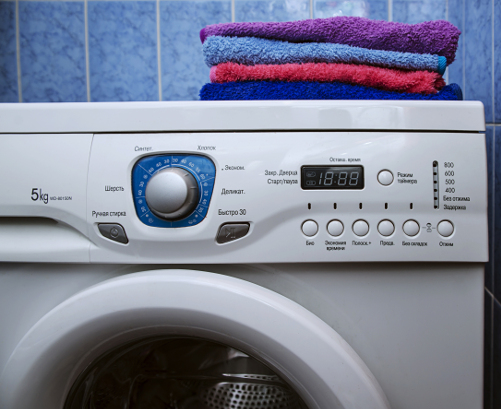
Any washcloths or medication applicators that are not disposable should be washed immediately after use. Also, pillowcases, bed sheets, towels and clothes should be washed in hot water and detergent to remove any remnants of contagions.
Remember to wash your hands thoroughly with warm water and soap after contact with any of these items.
-
5. Don't Share
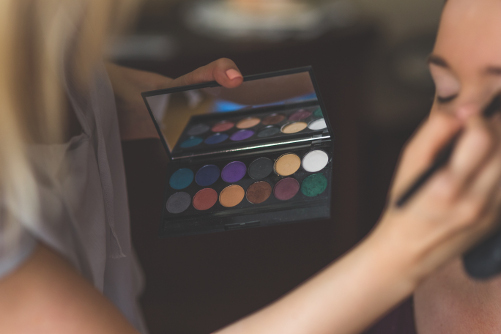
If you use eye or face makeup, you should try and avoid using it when contagious with pink eye. If you do use any, be sure to discard it after you recovery to avoid reinfection. (So don’t go using your favorite, expensive brands.)
If you do use it, definitely don’t share it. This goes for applicators and brushes too.
-
5. Don't Share
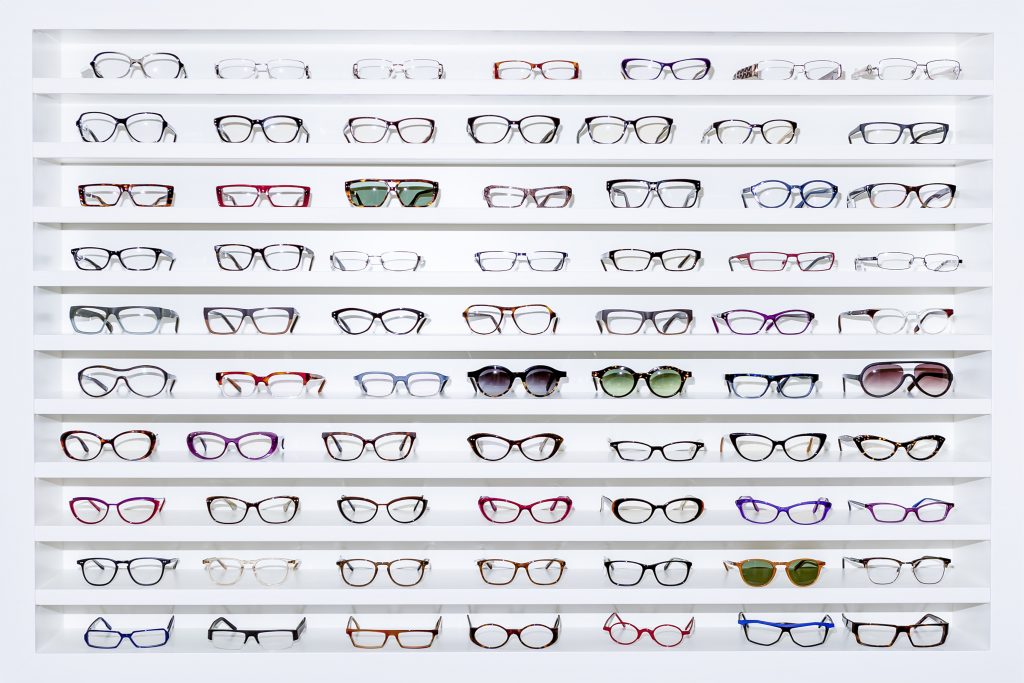
In addition to makeup, you shouldn’t share eyewear of any sort. This includes eyeglasses, sunglasses, contact lenses and lens containers. All such items should be discarded or disinfected after recovery.
-
5. Don't Share
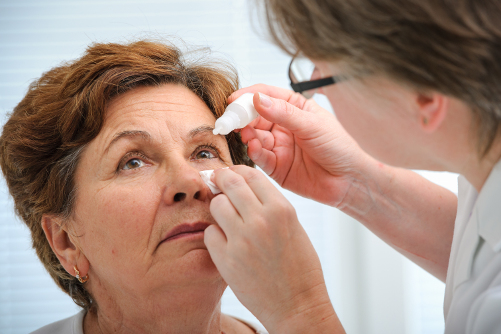
Don’t share eye drop dispensers/bottles with other people if you are infected. In fact, if your pink eye is only affecting one eye, don’t even use the same eye drops for both eyes. It is extremely important that you are cautious when applying anything to the infected eye(s), especially things like drops that could potentially leak and spread the infection.


